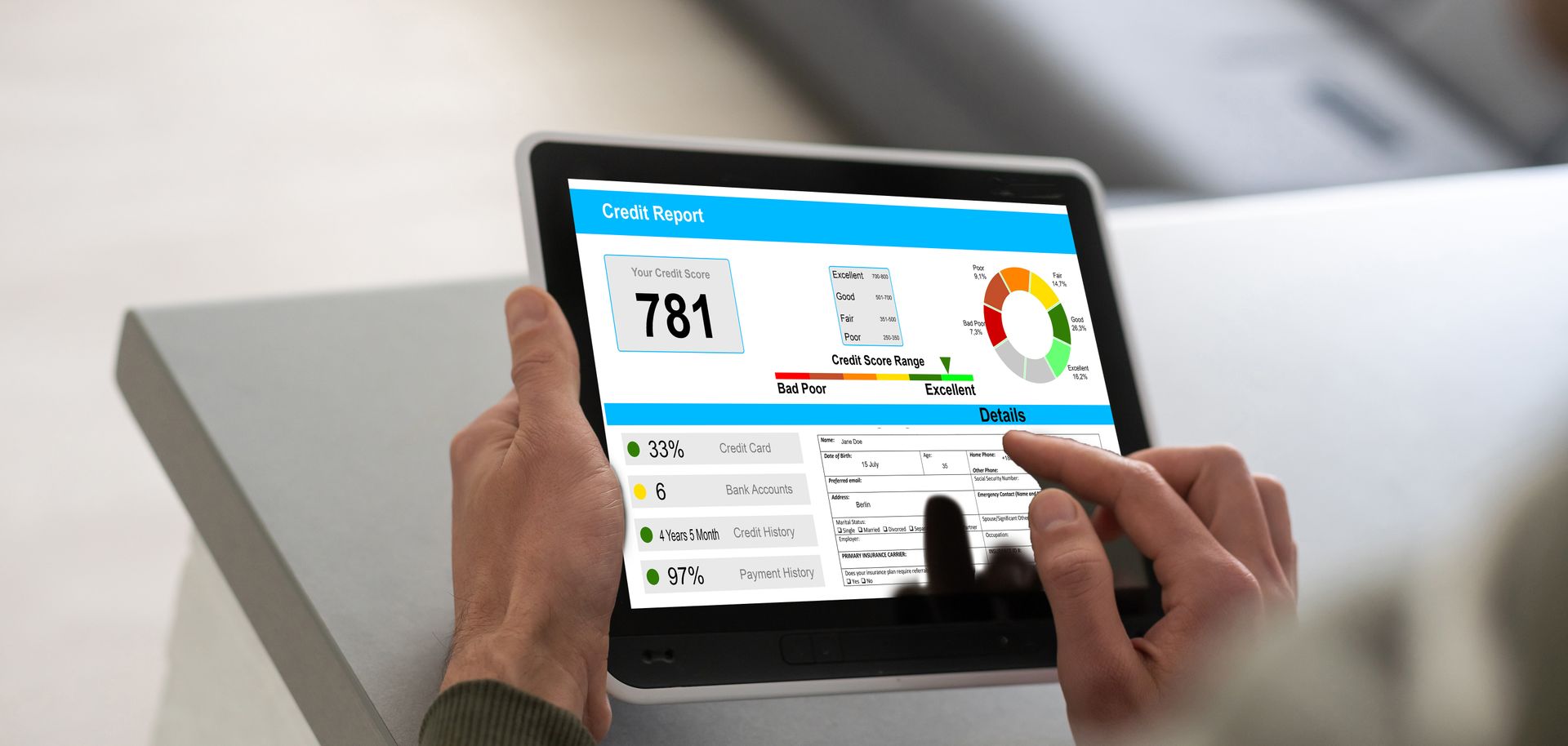Calculating the Minimum Wage Correctly
We've updated this blog as of January 2025. You can find the updated blog here.
Calculating the minimum wage is easy when your employees have regular hours. It’s a little more complicated when your business is seasonal, which is common for many farming businesses. When you have a peak season that requires longer hours than usual, or irregular hours, you need to check you’re fully compliant with the minimum wage requirements.
Even if you pay above minimum wage, you need to check you have systems in place to make sure all workers are receiving at least the minimum wage.
The minimum wage rates, which increased in April, are:
- Hourly: $22.70 ($18.16 for starting-out workers/trainees)
- Daily (based on an 8-hour day): $181.60 ($145.28 for starting-out workers/trainees)
- Weekly (based on a 40-hour week): $908 ($726.40 for starting-out workers/trainees)
- Fortnightly (based on an 80-hour fortnight): $1,816 ($1,452.80 for starting-out workers/trainees)
In the past, some employers averaged wages out over busy and quiet times, however, this is no longer permitted. Under the current law, a fortnight is the maximum period wages can be averaged over, and there are conditions that must be met. You cannot average wages over a season or longer periods of time.
If you provide additional benefits to your employees, such as accommodation, the Minimum Wage Act allows you to count some of these benefits as ‘wages’, but not all of them. You can mutually agree in advance that you will deduct an agreed amount from their wages as reimbursement but, this must be in writing to comply with The Wages Protection Act.
Legally, you must keep a record for all employees of how many hours worked, wages paid, holiday pay, and sick leave. Your need to make sure your records are detailed enough to show that you’re compliant with both minimum wage and minimum employment requirements. All agreements with employees about accommodation and other benefits should be documented, and should be separate from employment agreements.
If you need help checking that you’re complying with the new minimum wage requirements, give us a call. We can check your systems to ensure you’re meeting your minimum wage and minimum employment obligations.











